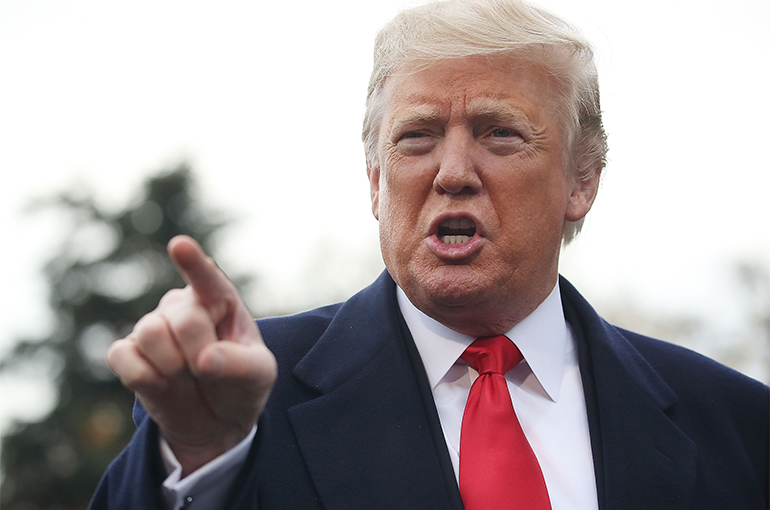 US Businesses Ready for Trump Tariffs Amid Price Warning
US Businesses Ready for Trump Tariffs Amid Price Warning(Yicai) Nov. 13 -- With import tariffs expected to rise under US President-elect Donald Trump’s next administration, US manufacturers and retailers are looking at rejigging their supply chains, but sources in the trade and logistics sectors caution that a switch will not be easy.
Steve Madden will take measures to sidestep potential tariffs from the future Trump administration, Chief Executive Officer Edward Rosenfield said during the New York-based footwear company’s recent earnings conference call.
Starting next year, the company plans to reduce the share of its goods sourced from China to 40 percent to 45 percent, he said. The firm imports two-thirds of its products, with 70 percent coming from China.
Steve Madden said that it would source items from Cambodia, Vietnam, Mexico, and Brazil as well as other countries, but did not say it would shift production to the United States itself.
During the presidential election campaign, Trump vowed to impose tariffs of 10 percent to 20 percent on all imports. If that goes ahead, the average price of a pair of sneakers in the US could jump to between USD59 and USD64 from USD50, according to analysis released earlier this month by the US National Retail Federation.
Stanley Black & Decker plans to shift production and parts of its supply chain to other places in Asia, and possibly to Mexico, over the next two years, Donald Allan, president and CEO of the Connecticut-based power tool maker, noted on its Oct. 29 earnings call.
But such statements are based mainly on caution and are designed to reassure investors, Luo Jie, a veteran of the logistics and shipping industry in California, told Yicai. Whether such a shift will actually take place remains uncertain, he said.
Luo said that he had worked with a mid-sized importer that traded daily necessities when Trump imposed tariffs during his previous time in office. The company said it would increase its supplies from Vietnam by 30 percent the following year after the tariffs were introduced, he noted.
“I later asked the company how it was doing, and it said that the actual increase was below 5 percent,” Luo said, adding that it is difficult to switch supply chains.
Trump’s tariff policy has been criticized by many mainstream economists. Olli Rehn, president of the Bank of Finland and a member of the European Central Bank’s Governing Council, said in London yesterday that the proposed levies could harm the global economy.
Editor: Tom Litting